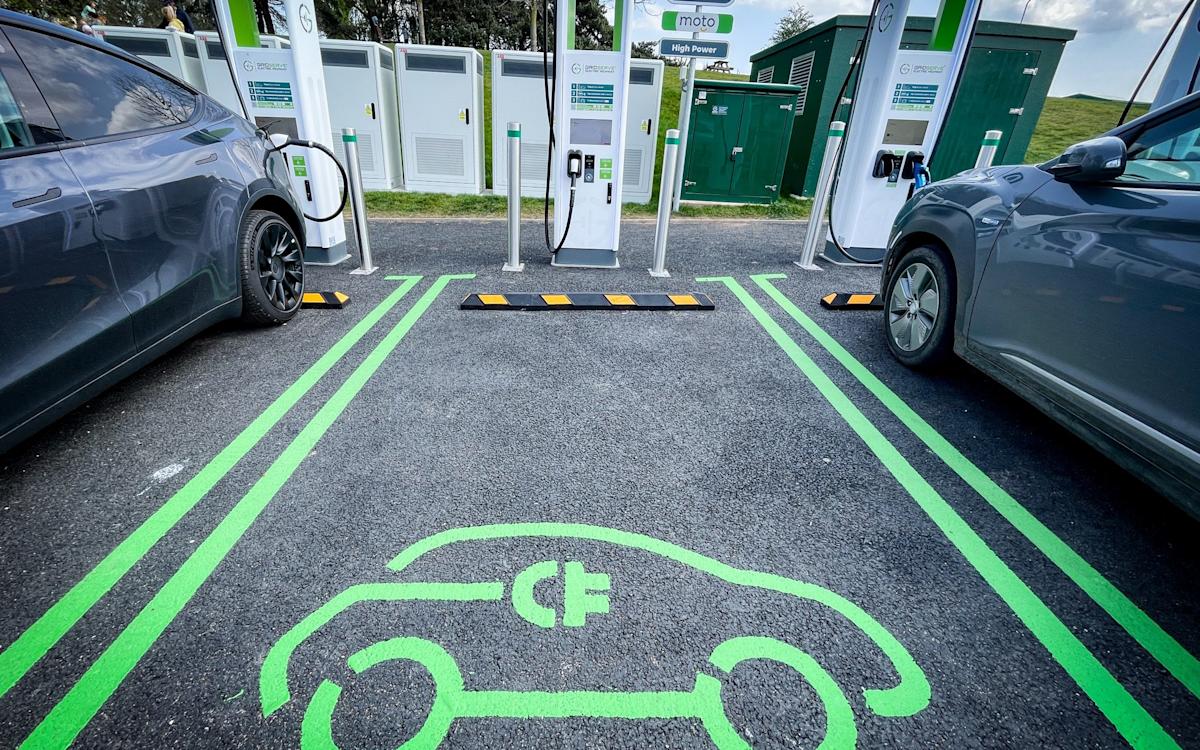EV charger tax ‘will slam brakes on net zero push’
Rachel Reeves has been warned that plans to raise taxes for charging companies will slam the brakes on Labour’s electric car ambitions.
Nine charging companies have written to the Treasury urging her to reverse a decision to impose business rates on parking bays featuring electric car chargers.
The group warns that the plans will raise the cost of charging electric vehicles (EVs) by hundreds of pounds and put £8bn of planned investment at risk.
“It threatens to make the cost of public charging an insurmountable barrier to EV adoption,” the companies, which include Osprey, Gridserve and Source EV, said in a letter to Daniel Tomlinson, the exchequer secretary to the Treasury.
The Chancellor is believed to be considering an intervention in this month’s Budget. However, it is unclear whether a final decision on exempting affected parking bays from business rates has been taken.
EV chargers themselves are exempt from business rates under laws promoting green energy.
However, from next April, charge point operators will have to pay business rates of 49.9pc on the value of the parking bays where they install the chargers.
The change is being introduced by the Valuation Office Authority (VOA), which did not previously consider them rateable for the tax.
The change would deal a new blow to electric car owners after it emerged that Ms Reeves also plans to introduce a pay-per-mile charge to combat the loss of fuel duty revenues.
The Telegraph revealed last week that EV drivers would have to pay 3p per mile from 2028, costing the average motorist around £250 a year.
The VOA has told charging companies that applying business rates to EV parking bays could raise around £25m a year, although the industry believes the true sum could be four times that and add £300 to annual charging bills for heavy users.
The charge would also be backdated from 2023, meaning a big up-front bill for operators, who will seek to pass on costs to motorists.
“This will have a severe economic effect on industry by distorting the market, stifling growth and investment, and leading to sector-wide job losses as the infrastructure programme stalls,” the companies wrote in their letter to the Treasury.
“Consumer bills for charging will also go up, impacting the affordability of EVs.
“Applying business rates as proposed by the [VOA] to charging bays at 49.9pc is a significant additional cost to pre-profit businesses in the heavy investment and infrastructure-building phase. It is therefore immeasurably damaging to raising capital; investors will look to other markets.



Leave a Comment
Your email address will not be published. Required fields are marked *